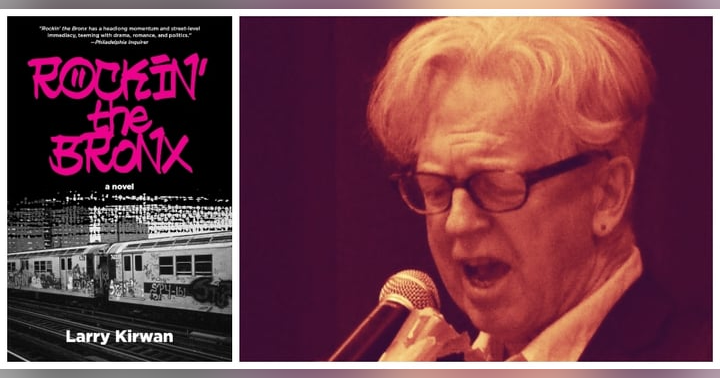Oliver Goldsmith - Author (1728-1774)

Oliver goldsmith by Sir Joshua Reynolds
The exact place and year of Oliver Goldsmith's birth is a matter of dispute. Traditionally the author is listed as being born on November 10th, 1728 at Pallas Longford. Westmeath also lays claim to his birthplace and there is some thought that he may have been born in 1729 or 1730. What is indisputable is the colorful life the author led and his multifaceted literary output.
Have you listened to our podcast? Get the latest on our Episode Page.
Goldsmith's early years were marked by both academic pursuits and a lack of clear direction. He received his bachelor's degree from Trinity College but did not distinguish himself academically. He was better know for his fondness for gambling and the theater rather than actual pursuits. Depite his underwhelming performance at Trinity, his statues can be found outside the main gate of the university.
Oliver Goldsmith statue in front of the Trinity College in Dublin, Ireland
On leaving college , he struggled to find his professional footing. A stint studying medicine at the University of Edinburgh was followed by a restless trek through Europe, possibly fueling his wanderlust and keen observation skills that would later find expression in his writing.
London in the 1750s became Goldsmith's literary launching pad. Initially, he toiled as a "hack writer," taking on various freelance articles to scrape by. This period honed his writing skills and produced his now-famous "Chinese Letters" for The Public Ledger. These witty essays, later compiled as The Citizen of the World (1762), employed a clever literary device: a fictional Chinese visitor offering satirical commentary on English society. The essays established Goldsmith's reputation as a sharp social observer with a talent for satire.
In 1766, Goldsmith achieved his first major literary success with the publication of The Vicar of Wakefield. This heartwarming novel, born from his financial struggles, offered a fictional escape. The story follows the Primrose family, a model of virtue and resilience facing hardship with unwavering faith and kindness. The novel's enduring popularity lies not only in its optimism but also in its portrayal of the simple joys of life and the importance of family.

Goldsmith's literary talents extended far beyond prose. In 1764, he published The Traveller, a thoughtful poem reflecting on his European travels. The poem showcased his ability to observe the strengths and weaknesses of various cultures. However, it was The Deserted Village (1770) that cemented his reputation as a poet. This melancholic masterpiece mourned the decline of a once-idyllic rural village, highlighting the harsh realities of social change and the plight of the impoverished.

Goldsmith didn't limit himself to novels and poems. He also thrived as a playwright. His comedies, The Good-Natur'd Man (1768) and She Stoops to Conquer (1773), were met with great success. The latter, a delightful farce filled with mistaken identities and witty dialogue, continues to be performed on stage, a testament to Goldsmith's enduring ability to entertain audiences.
Despite his literary achievements, Goldsmith's personal life was a constant battle against financial woes. His generosity and extravagant lifestyle often left him in debt. Sadly he died young at the age of 46 on April 4th 1774, leaving behind a legacy of timeless works that continue to be celebrated for their humor, social commentary, and poignant observations on the human condition.
He was buried in the cemetery of the Temple Church in London and his genius is commemmorated with a memorial at Poets' Corner in Westminster Abbey

For a more detailed account of Oliver Goldsmith's life, please visit the Dictionary of Irish Biography

















